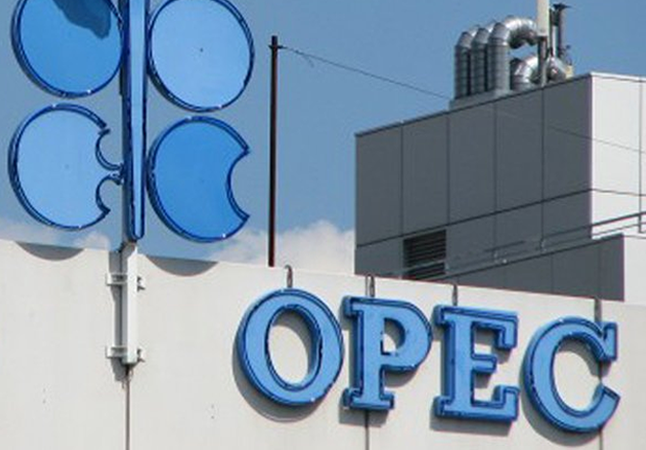The anticipated ministerial meeting of the OPEC+ alliance, initially scheduled for November 25 and 26, 2023, in Vienna, has encountered a shift in dates, as disclosed by the Vienna-based agency of the Petroleum Exporting Countries on its official website. According to the announcement, the 187th Meeting of the OPEC Conference, the 51st Meeting of the Joint Ministerial Monitoring Committee (JMMC), and the 36th OPEC and non-OPEC Ministerial Meeting (ONOMM) are now rescheduled to take place on Thursday, November 30, 2023.
This decision marks a strategic adjustment in the timeline for crucial discussions among the member nations of OPEC+, reflecting the dynamism and responsiveness inherent in managing global oil affairs. The OPEC organization functions as a collaborative platform for influential oil-producing countries, aiming to collectively shape the dynamics of the global oil market and optimize financial returns.
Comprising 13 Member Countries, OPEC operates as an intergovernmental institution that strives to synchronize petroleum policies and foster equilibrium in the oil market. The primary objective is to ensure stability and sustainability in oil-related activities while promoting the collective interests of its member nations.

The postponement of the meeting to November 30 is speculated to provide an extended window for participating countries to engage in comprehensive discussions. This additional time might be instrumental in addressing various facets, including the assessment of compliance with existing output cuts and the exploration of potential measures such as additional production cuts.
As the energy landscape continues to evolve, the importance of such gatherings cannot be overstated. OPEC+ meetings serve as crucial forums for deliberating on strategies to navigate the complexities of the global oil market. By rescheduling the ministerial meeting, OPEC demonstrates its commitment to facilitating comprehensive and effective discussions that can significantly impact the future trajectory of oil-related policies.
OPEC’s role as a stabilizing force in the oil market becomes particularly relevant in the context of ongoing fluctuations and uncertainties. The organization’s ability to adapt its meeting schedules in response to emerging challenges underscores its dedication to fostering cooperation and coordination among member countries.
The decision to postpone the ministerial meeting aligns with the principles of flexibility and collaboration that underpin OPEC’s functioning. By allowing member nations more time to engage in deliberations, OPEC aims to enhance the inclusivity of discussions and promote a unified approach to addressing the prevailing challenges in the oil sector.
Reuters suggests that the delay may be a strategic move to create a conducive environment for comprehensive discussions on matters such as compliance with existing output cuts and the consideration of potential additional cuts. This nuanced approach reflects OPEC’s commitment to prudent decision-making, considering the multifaceted factors influencing the global oil landscape.
In light of the rescheduled meeting, anticipation and speculation regarding the outcomes of the deliberations are likely to intensify. Market observers, industry analysts, and stakeholders will keenly watch for signals and insights that may emerge from the discussions on November 30. The decisions taken during the meeting could have far-reaching implications for global oil prices, production levels, and overall market dynamics.
As OPEC continues to play a pivotal role in shaping the course of the oil industry, the rescheduled ministerial meeting becomes a focal point for the collective efforts of member nations to address the evolving challenges and opportunities in the energy sector. The organization’s ability to adapt to changing circumstances and prioritize effective collaboration underscores its resilience and relevance in a rapidly transforming global energy landscape.
In conclusion, the rescheduling of the OPEC+ ministerial meeting to November 30, 2023, reflects the organization’s commitment to fostering collaboration and addressing the complexities of the global oil market. This adjustment in the timeline allows member nations an extended opportunity for in-depth discussions on critical issues, emphasizing OPEC’s role as a stabilizing force and facilitator of coordinated efforts in the dynamic energy landscape. The outcomes of the meeting are poised to shape the future direction of oil-related policies and contribute to the ongoing dialogue surrounding the sustainable development of the global energy sector.
Support InfoStride News' Credible Journalism: Only credible journalism can guarantee a fair, accountable and transparent society, including democracy and government. It involves a lot of efforts and money. We need your support. Click here to Donate
